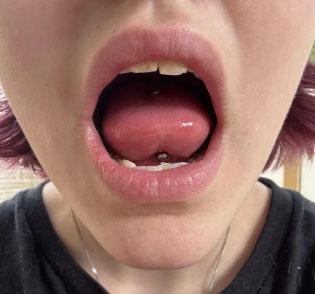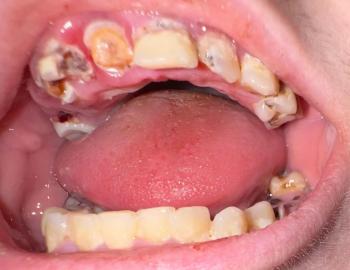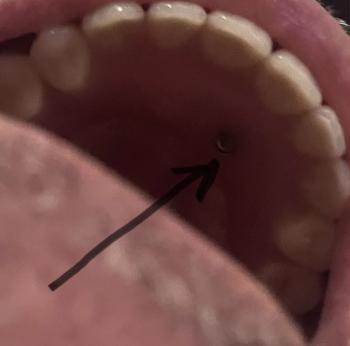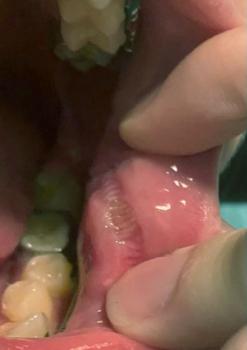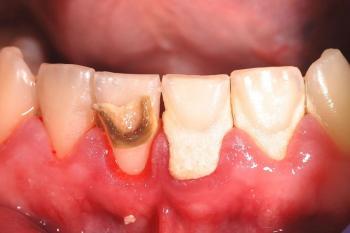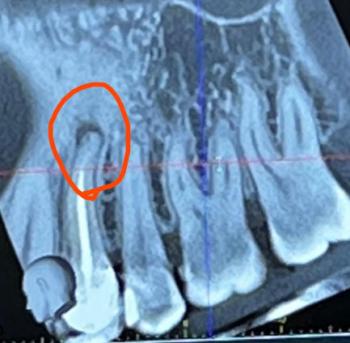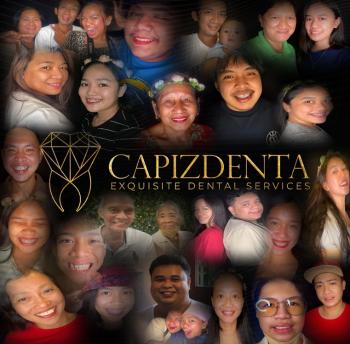Building Confidence One Smile at a Time.
Beyond the Smile: How Unhealthy Teeth Are Draining Our Nation's Potential
Language :
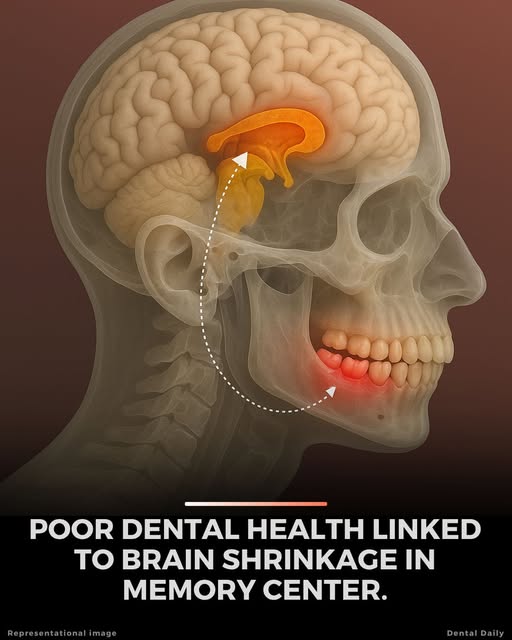
Topics:
Here in the Philippines, we pride ourselves on our resilience, intelligence, and talent. We are a nation of brilliant innovators, skilled professionals, and creative minds. We rightly demand robust public health services to nurture this potential, focusing on everything from nutrition to disease prevention.
But what if a silent, overlooked threat is actively working against this goal? What if the key to unlocking a smarter, more talented population isn't just in our classrooms or tech hubs, but in our mouths?
The uncomfortable truth is this: poor dental health doesn't just damage teeth; it can literally drain the brain.
We often think of cavities and gum disease as isolated problems—a little pain, a cosmetic issue, or an inconvenient dental bill. However, a growing body of scientific evidence reveals that the consequences of poor oral health travel far beyond the mouth, with the brain being a critical target.
The Startling Link Between Your Gums and Your Brain
A recent study published in the respected journal Neurology highlights a connection that we in the dental community have long suspected. Researchers found a strong link between gum disease (periodontitis) and shrinkage in the hippocampus, a region of the brain that is the very core of our memory and learning.
Think of your hippocampus as your mind's personal librarian. It's responsible for filing away new memories and retrieving them when you need them. When this area shrinks, that system begins to fail.
So, how does a problem in your gums affect a structure deep inside your skull? The culprits are chronic inflammation and oral bacteria.
-
The Inflammation Highway: Advanced gum disease is an active, festering infection. Your body is constantly fighting a battle in your mouth, leading to systemic (whole-body) inflammation. This inflammation can travel through your bloodstream, damaging blood vessels everywhere—including the delicate, tiny vessels that supply your brain. Over time, this slow, simmering inflammation injures sensitive neural tissues.
-
The Bacterial Invasion: The bacteria that cause gum disease don't stay put. They can enter your bloodstream through bleeding gums—something that happens easily when you brush or even chew if you have periodontitis. Once in circulation, these bacteria can cross the blood-brain barrier, potentially causing direct damage to brain cells.
A Slow Deterioration with Lasting Consequences
This isn't an overnight process. It's a gradual drip, drip, drip of damage that accumulates over years. This slow deterioration is now understood to heighten the risk of cognitive decline, dementia, and disorders such as Alzheimer's disease.
The message is clear: Ignoring gum health is not just risking a tooth—it's risking a memory.
Protecting Your Smile to Protect Your Mind
The good news in this alarming research is that it empowers us. The fate of our cognitive health isn't entirely out of our hands. By taking proactive steps to care for our oral health, we are actively investing in our brain's long-term structure and function.
Here’s how you can fight back:
-
Master the Basics: Brush your teeth thoroughly twice a day for two minutes and floss daily. This is non-negotiable for disrupting the plaque that leads to gum disease.
-
Know the Signs: Be alert to symptoms of gum disease, including redness, swelling, bleeding when you brush or floss, persistent bad breath, and receding gums.
-
Partner with a Professional: See your dentist for a professional cleaning and check-up at least twice a year. Only a professional can remove hardened tartar and diagnose early-stage gum disease.
-
Advocate for Prevention: We must call for public health policies that integrate comprehensive dental care into primary health services. Making preventive dental care accessible to all Filipinos isn't just about fixing smiles—it's about safeguarding our national intellectual capital.
The Bottom Line
A healthy mouth is a cornerstone of a healthy body and a sharp, functioning brain. For a nation striving to build a smarter, more talented future, prioritizing oral health is not a luxury—it is a necessity. Let’s stop viewing dental care as a separate, minor issue and start seeing it for what it truly is: a critical investment in our people, our potential, and our collective brainpower.
Your smile is worth saving. Your brain is depending on it.

